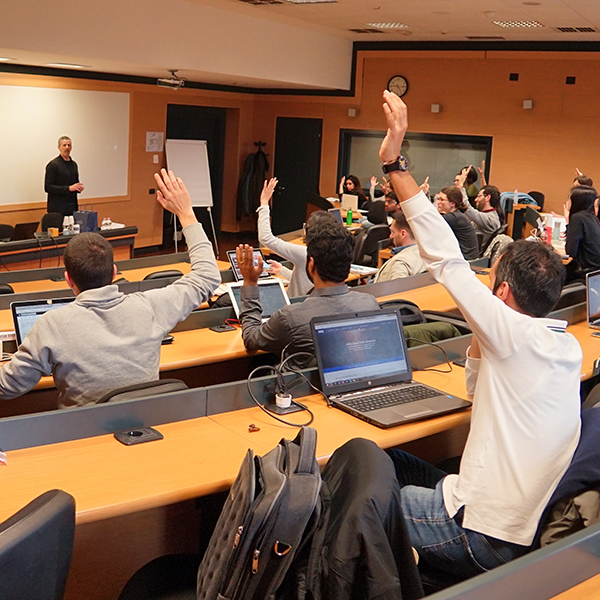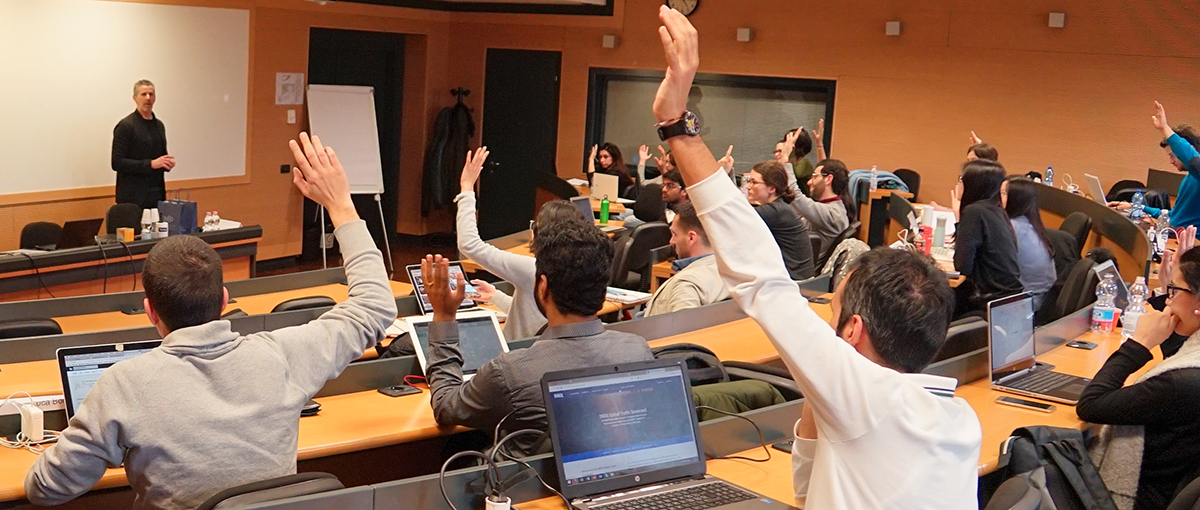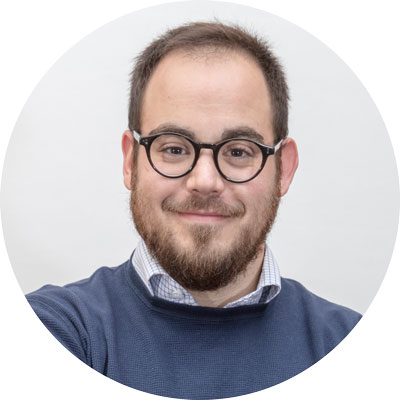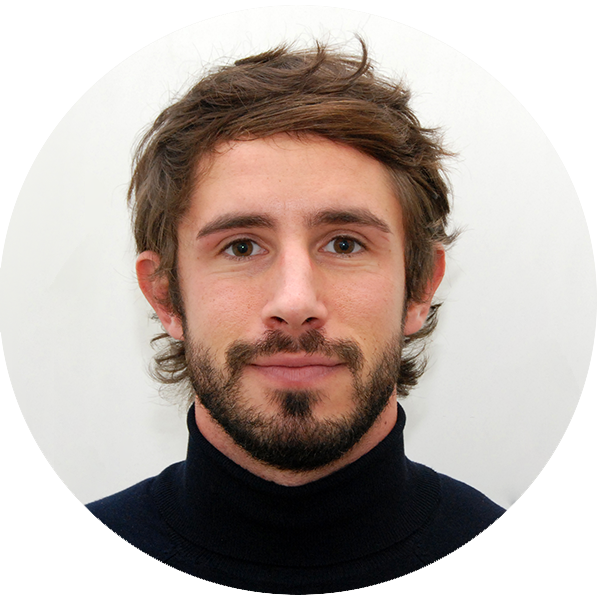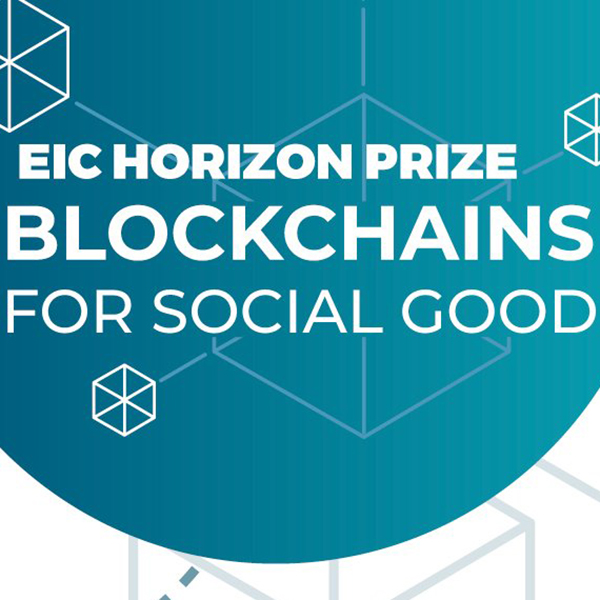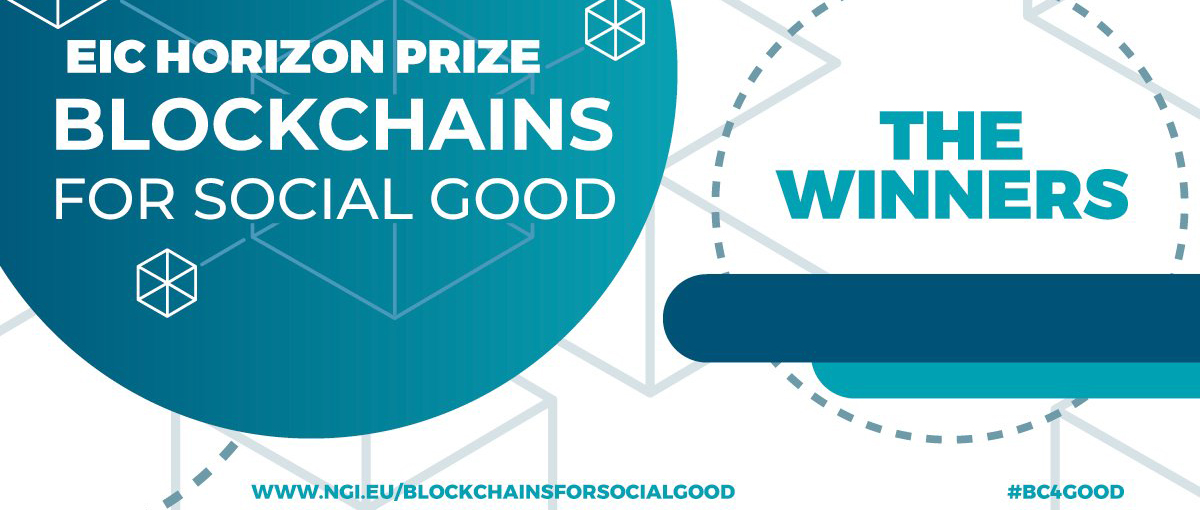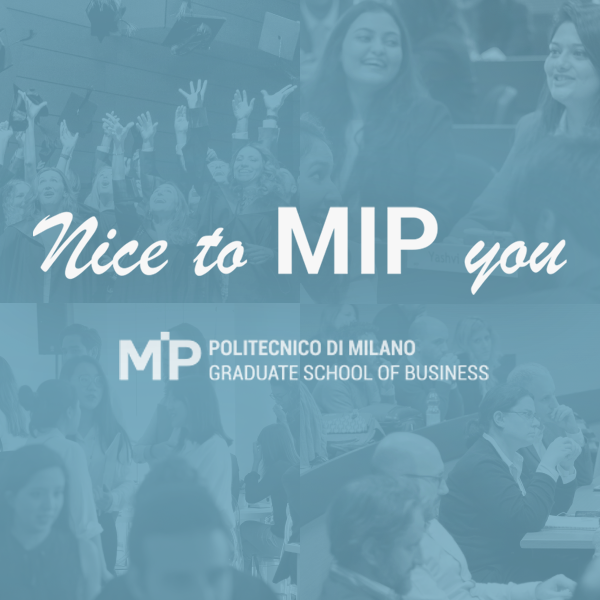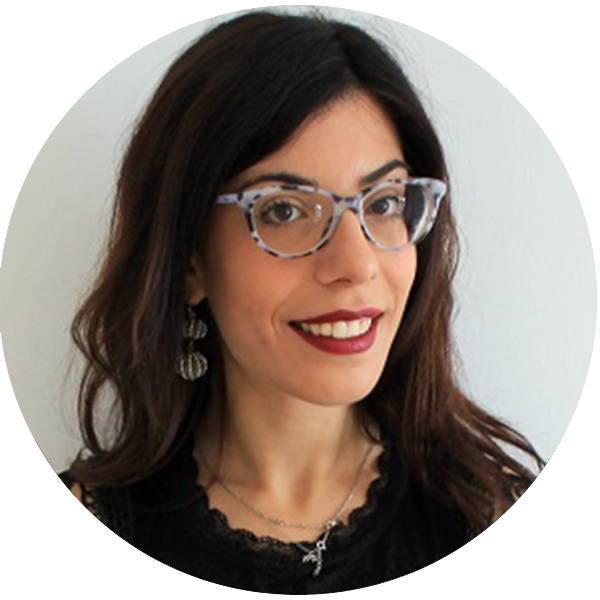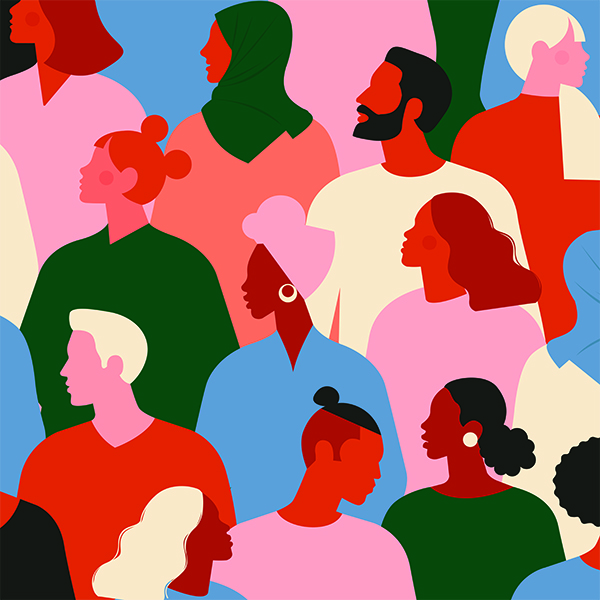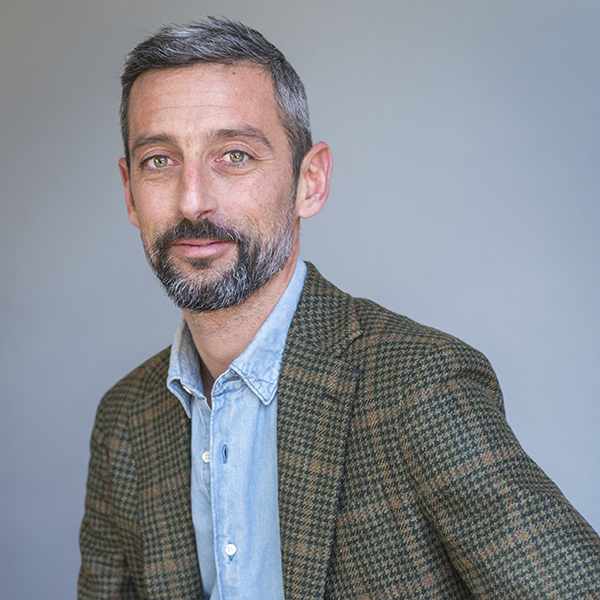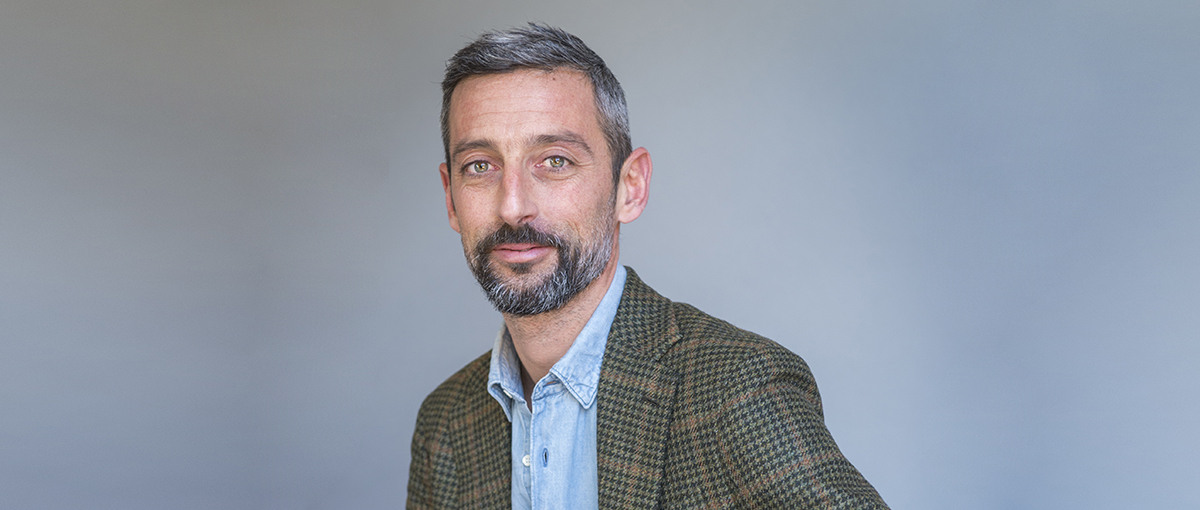
International business schools are competing in a situation which is undergoing a profound and rapid transformation. The need for increasingly specialised managerial training, competition from new players and building a more inclusive and sustainable future, requires a rethink of operating and business models.
What are the transformations required for greater entrepreneurship and innovative capacity of business schools?
Federico Frattini, Dean MIP-Graduate School of Business, Politecnico di Milano
International business schools are competing in a situation which is undergoing a profound and rapid transformation. This requires a thorough rethink of business schools’ “standard” business and operating models.
Some of the trends that have recently emerged are the shift in demand for managerial training from “general management” programmes to “specialist” programmes, and stronger competition in the management training market owing to the entry of new players. Consulting and executive search companies are expanding their service to include training for the development of human capital. New “edtech” players are entering the training market, and global technology giants (e.g. Microsoft, Google, Amazon) and increasingly seeing the training world as a possible new frontier to sustain their growth.
The demand for life-long learning services is growing rapidly, due to the fast obsolescence of skills that are learned in “standard” management training courses. Extra-curricular activities and what we call “campus life” are becoming increasingly important in students’ choices. Finally, there is a “crisis” of academic institutions’ social value as they swiftly lose reputation, especially in the eyes of the younger generations.
In addition to these transformations, there are others that have been profoundly accelerated by the consequences of the Coronavirus health emergency. Business schools need to redefine their purpose and clarify their contribution toward building a more inclusive and sustainable future. But they cannot delay the start of a deep digitisation of their processes, teaching methods and approaches.
Responding to these challenges requires a profound rethink of business schools’ business model. Some of the relevant changes that should be carefully considered by international business schools’ leadership include moving from “disciplinary” to “transversal” skills, including entrepreneurship, digital skills, sustainability, critical thinking. There needs to be a move from “separate from practice” training models to “hands-on” training based on a growing interaction with managerial and entrepreneurial practice. Undifferentiated approaches for training for “homogeneous populations of students” need to move to “customised” training, in a “one-to-one” perspective from “intermittent” and time-concentrated training to “on-demand” training, and continuously mixed with students’ professional activity and private life. We need to move from Face-to-face vs. digital training to “omnichannel” training models. The focus on the production of knowledge through research and its transfer through a portfolio of training products must change to the research and integration of knowledge available outside the business school boundaries (for example availability of high-quality training content on MOOCs – Massive Online Open Courses platforms).
These transformations have a scope and potential impact that clash with the “bureaucratic” culture of business schools, their consensus-building processes, and governance mechanisms that require time to approve decisions fail to meet the above conditions. It is essential for international business schools’ leadership to promote a transformation of organisational culture, processes, staff skills, and organisational structures for greater entrepreneurship and innovative capacity. This means borrowing the management solutions and approaches which business schools teach and applying them to their management models. For example, to manage “radical” innovation projects, which require profound changes to established routines and operating models (e.g. the launch of distance learning platforms, or life-long learning services enabled by digital technologies), many business schools are creating spin-offs to place these projects in a more agile and entrepreneurial organisational background. Many business schools are creating positions among their Chief Innovation Officer (CIO) staff to promote a process of continuous digital innovation and transformation of operations and training. Coopetition models in business schools are becoming widespread. These aim at reaching a higher critical mass and sharing the risks and costs that radical innovation projects entail (such as the development of innovative Learning Management Systems).
Many of these transformations will take time to manifest in the world of business schools, but they will be fundamental to sustain their competitiveness over time and ensure their survival.



